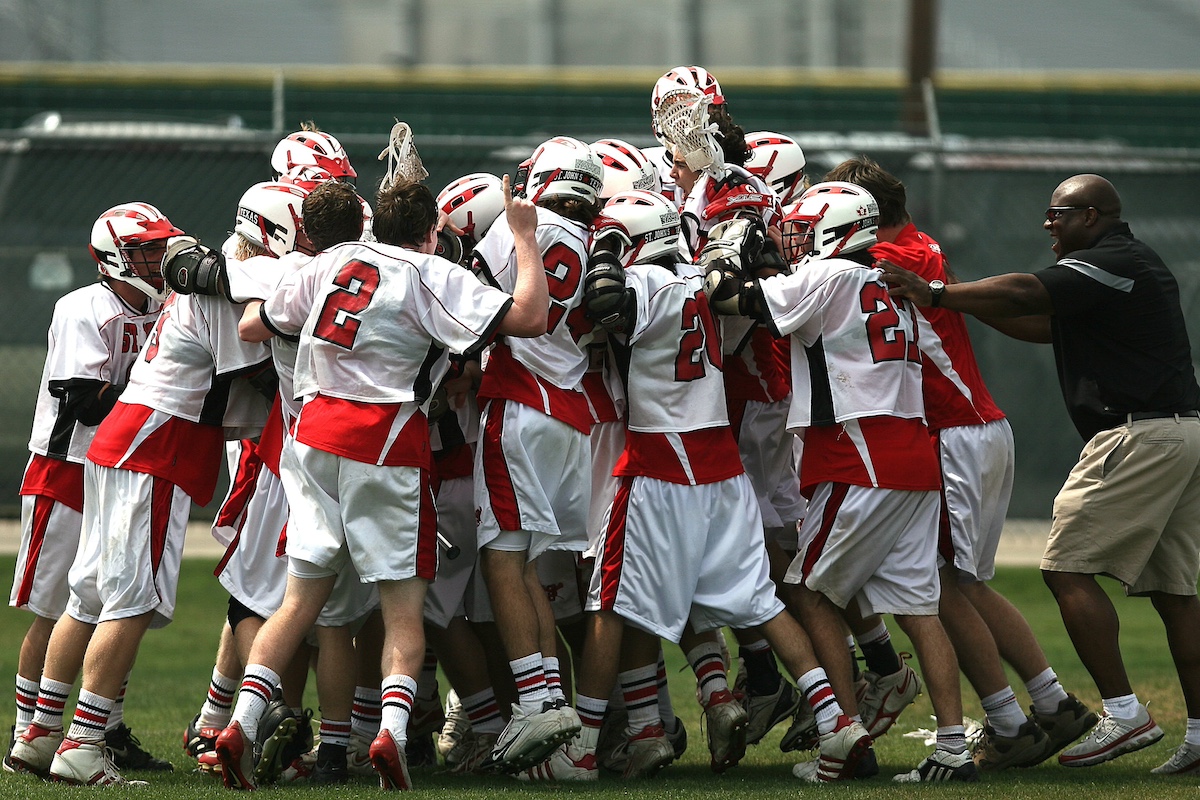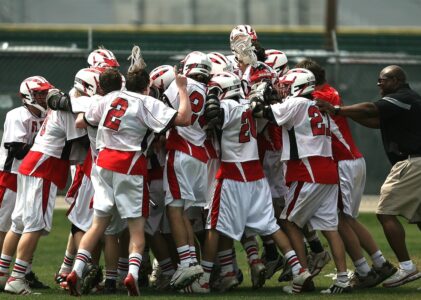Performance is a multifaceted concept that permeates various aspects of human endeavor. Whether in sports, academics, the arts, or the workplace, the pursuit of optimal performance is a constant endeavor. But what exactly is performance? How do theories attempt to explain it? What are the barriers that impede performance, and how do attitudes, aggression, stress, and anxiety influence our ability to perform? Let’s delve into these questions to gain a deeper understanding of this enigmatic phenomenon.
Performance is a nuanced interplay of factors, some of which are within our control, while others may lie beyond our influence. While individuals can exert control over aspects such as preparation, attitude, and effort, external factors such as environmental conditions, competition, and unforeseen circumstances may also shape performance outcomes.
Moreover, innate abilities, genetic predispositions, and past experiences can influence our capacity to excel in certain domains. However, despite the presence of external variables and inherent limitations, individuals still possess agency in how they approach and navigate challenges, adapt to changing circumstances, and persevere in the pursuit of their goals. By focusing on aspects within their control, such as mindset, preparation, and response to adversity, individuals can enhance their ability to optimize performance and achieve desired outcomes.
What is Performance?
At its core, performance refers to the execution of tasks or activities to achieve specific objectives or goals. It encompasses the actions, behaviors, and outcomes that individuals or groups produce in a given context. Performance can be measured and evaluated based on predetermined criteria, such as speed, accuracy, efficiency, or effectiveness.
In the realm of sports, performance might involve achieving a personal best time in a race or executing flawless technique in a gymnastics routine. In academia, it could entail scoring high marks on an exam or delivering a compelling presentation. Similarly, in the workplace, performance might be evaluated based on productivity, quality of work, and the attainment of organizational goals.
Theories of Performance
Numerous theories have been proposed to explain the complexities of performance across different domains. One prominent framework is the Goal-setting Theory, which posits that setting specific, challenging goals can significantly enhance performance. According to this theory, clear objectives provide individuals with direction, motivation, and a basis for evaluating their progress.
Another influential theory is the Social Learning Theory, which emphasizes the role of observation and imitation in shaping performance. According to this perspective, individuals learn and improve by observing others, modeling their behavior, and receiving feedback on their own performance.
Additionally, the Arousal Theory suggests that performance is influenced by arousal levels, with optimal performance occurring at moderate levels of arousal. Too much or too little arousal can impede performance, highlighting the importance of managing arousal levels effectively.
Barriers to Performance
Despite our best intentions, various factors can hinder performance and undermine our ability to achieve desired outcomes. These barriers may include:
- Lack of Skills or Competence: Insufficient knowledge, training, or experience can impede performance, making it difficult to execute tasks effectively.
- Poor Planning and Organization: Inadequate preparation or disorganized approaches can lead to inefficiencies, errors, and subpar performance outcomes.
- Distractions and Interruptions: External distractions, such as noise or disruptions, can divert attention away from tasks, reducing focus and productivity.
- Physical and Mental Fatigue: Fatigue, whether physical or mental, can diminish energy levels, impair cognitive function, and compromise performance.
- Fear of Failure: Anxiety about making mistakes or falling short of expectations can create psychological barriers that inhibit performance.
Attitude and Performance
Attitude plays a crucial role in shaping performance outcomes. A positive attitude characterized by optimism, confidence, and resilience can enhance motivation, persistence, and overall performance. Conversely, a negative attitude marked by doubt, pessimism, or self-doubt can undermine confidence, increase stress, and impede performance.
Cultivating a growth mindset, which emphasizes the belief that abilities can be developed through effort and perseverance, can foster a constructive attitude toward challenges and setbacks. This mindset encourages individuals to view obstacles as opportunities for learning and growth, rather than insurmountable barriers to success.
Aggression and Performance
In certain contexts, such as competitive sports or high-pressure environments, aggression may be perceived as a means of enhancing performance. However, unchecked aggression can have detrimental effects, leading to reckless behavior, poor decision-making, and negative outcomes.
Channeling aggression in a constructive manner involves harnessing its energy and intensity to fuel focused, determined effort toward achieving goals. This might involve channeled aggression in sports to increase competitiveness and drive, or assertive communication in the workplace to advocate for one’s interests and assert boundaries.
Stress and Anxiety
Stress and anxiety are common experiences that can significantly impact performance across various domains. While moderate levels of stress can enhance focus and arousal, excessive or chronic stress can impair cognitive function, decision-making, and performance.
Managing stress and anxiety involves implementing strategies to mitigate their impact and promote resilience. Techniques such as mindfulness, deep breathing exercises, and cognitive reframing can help individuals regulate their emotions, reduce stress levels, and optimize performance under pressure.
In conclusion, performance is a dynamic interplay of skills, attitudes, and external factors that influence our ability to achieve desired outcomes. By understanding the theories that underpin performance, recognizing and addressing barriers, cultivating a positive attitude, managing aggression, and effectively managing stress and anxiety, individuals can enhance their performance across various domains. Ultimately, optimizing performance requires a holistic approach that integrates physical, psychological, and environmental factors to unlock our full potential.


